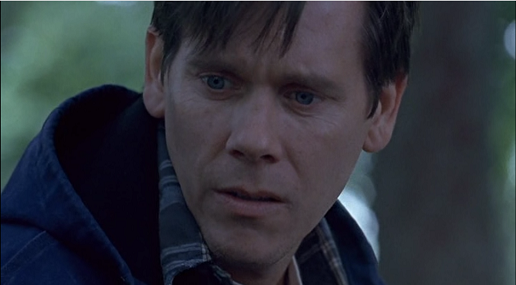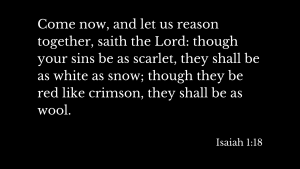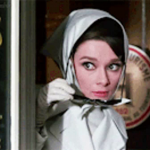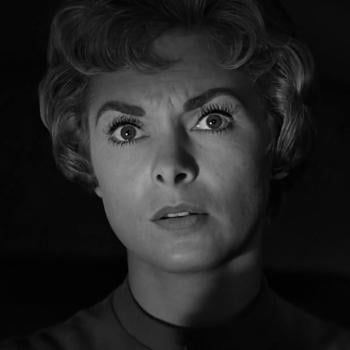

Given the thorny nature of the film’s subject material, I debated for some time about whether or not I was ever going to spotlight this film. I admittedly don’t recommend it for all viewers, but I maintain that for the agreeable viewer, even a film as dark as this offers a glimpse of something truly heavenly. Anyway …
Based on the play by Steven Fletcher, “The Woodsman” follows a former child molester, Walter (played by Kevin Bacon), who tries to rebuild his life after being released on parole. Try as he might to return to the straight and narrow, the world does not want to forgive Walter.
Walter’s sister has disavowed him entirely, and Walter lives in constant fear that the men who work with him at the mill will find out their coworker is a registered sex offender. Meanwhile the parole officer assigned to Walter’s case never misses an opportunity to harangue and demean him the way most of us would someone who abused little kids.
Aside from Walter’s therapist, the only person on his side is the enigmatic Vicki (played by Kevin Bacon’s offscreen wife, Kyra Sedgwick), another worker at the mill. She sees something in Walter that no one else does, not even Walter himself. We find out she’s conquered her own demons. Learning about Walter’s own darkness doesn’t frighten her. After all, Walter isn’t like the salacious creeps at work who make passes at her. She knows that whatever Walter has done, he is trying now. He is trying.

Redemption stories are nothing new, but this film really asks the viewer how much they are willing to forgive and whether they are willing to see themselves in someone who’s committed an unforgivable sin. We might compare Walter to Jean Valjean of Les Miserables, the sort of poster boy for grandiose redemption arcs in film/literature.Yes, the audience feels comfortable granting forgiveness to someone for stealing a loaf of bread and a couple of gold cups, but how far does that charity extend? The transgressions in this example were done mostly out of self-preservation. We don’t wince reading about thievery the way we do the sexual abuse of children.
Affording forgiveness to someone like Walter means truly looking at something wayward, something gross, and saying that, yes, it deserves grace. When we talk of Christ’s great and final sacrifice, did this sacrifice not also cover those of us whose scarlet sins feel impardonable? Sins that made us feel outcasts? Distorted? Evil, even?
I’d reiterate that the film never questions whether or not Walter’s past was condemnable, but it does invite us to feel for someone who truly needs forgiveness. Someone for whom only an Atonement that is all encompassing could bring peace and absolution. What a blessing it is to have such an Atonement.














